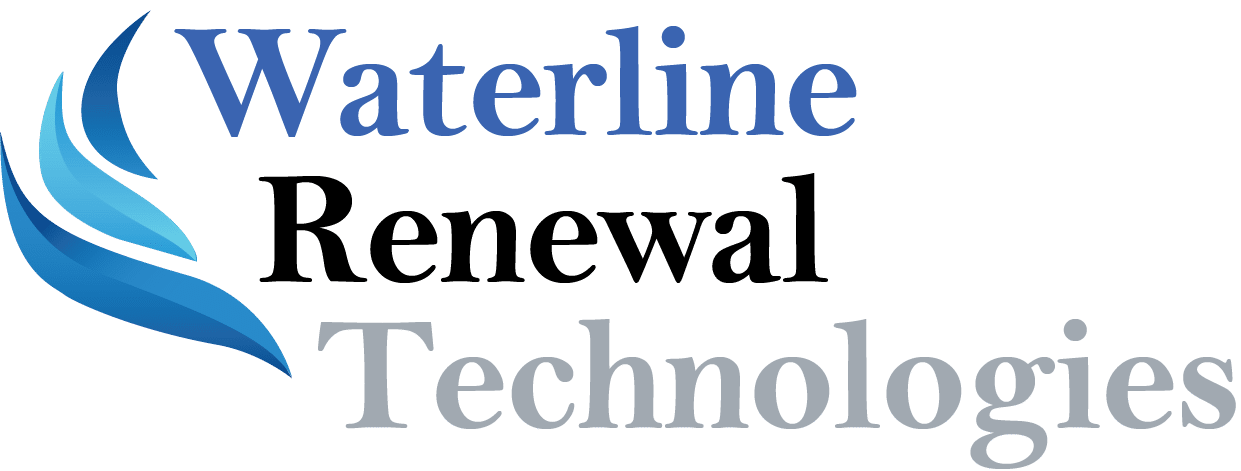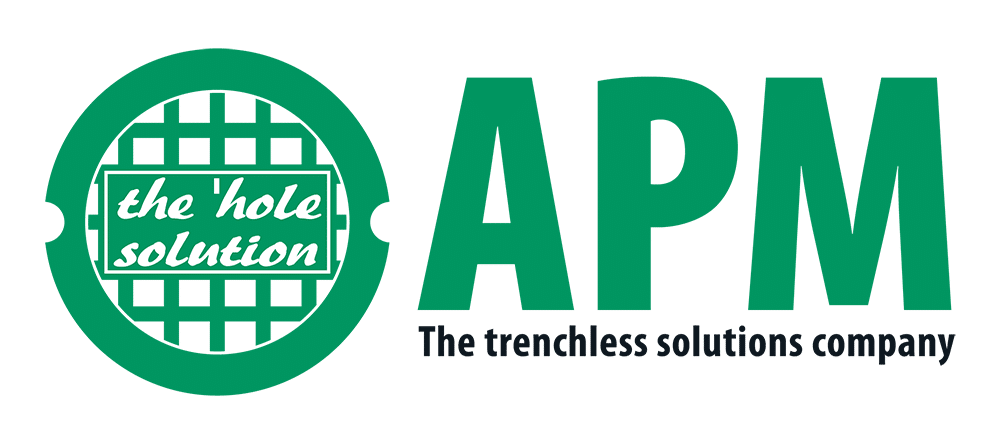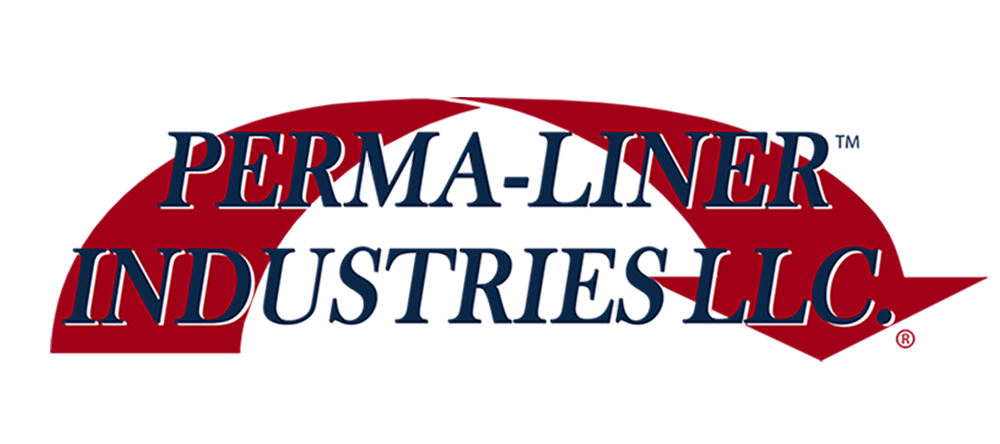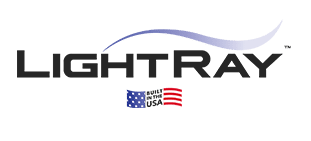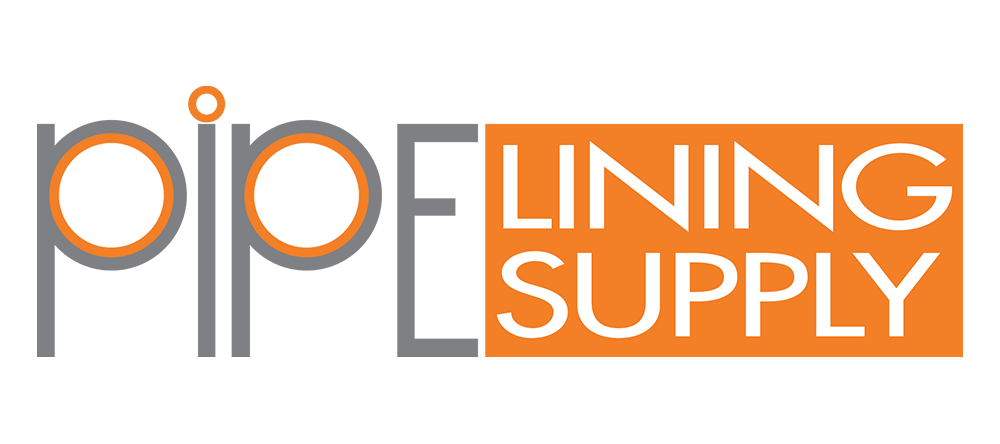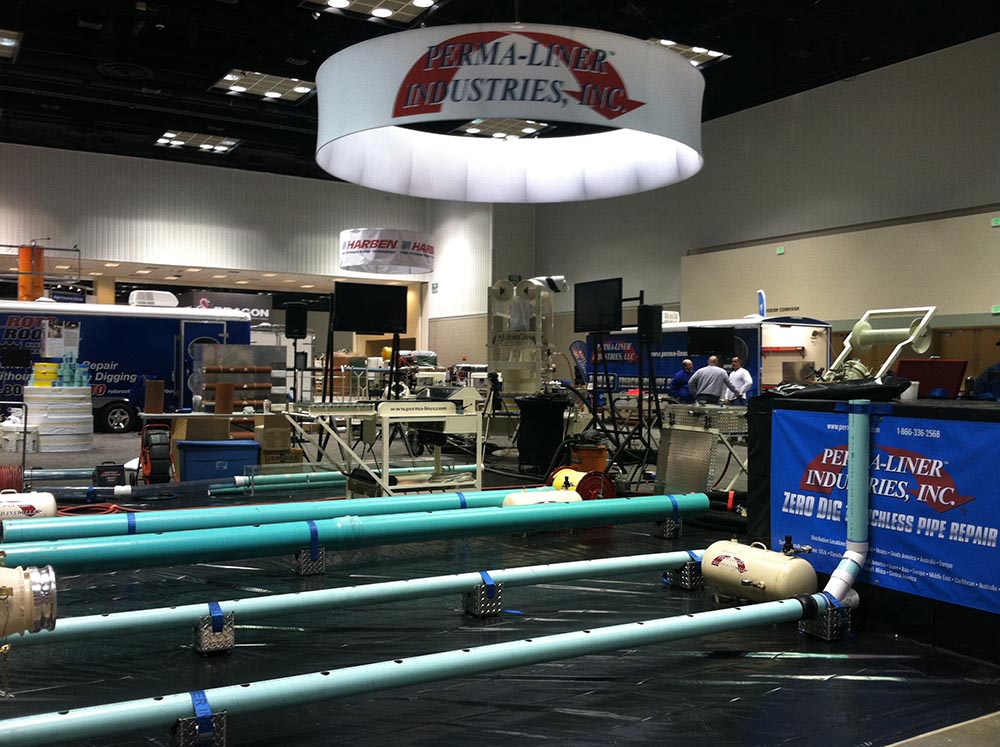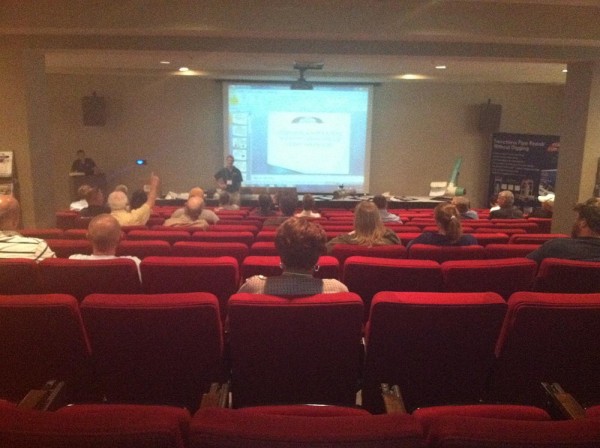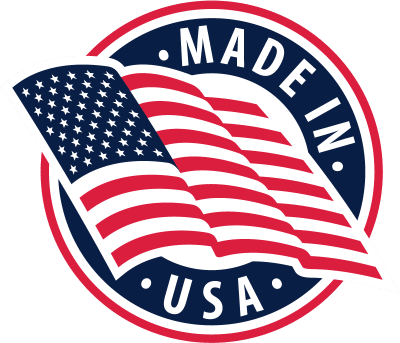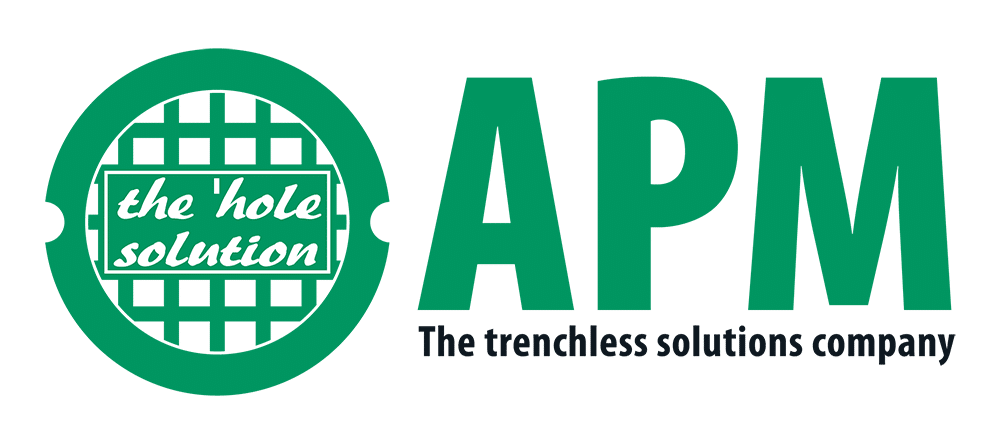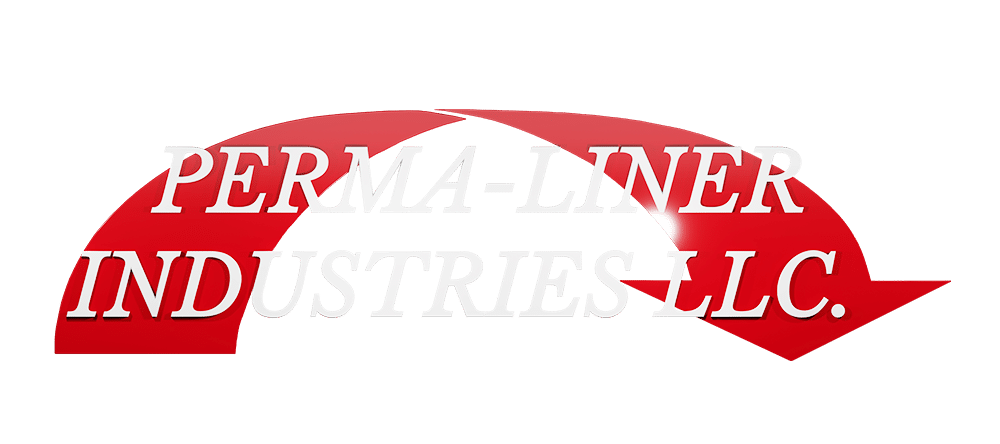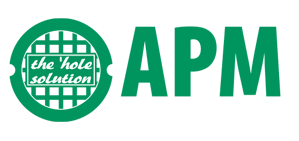Seattle was one of the first cities in the United States to adopt a percent-for-art ordinance in 1973. For 40 years, Seattle’s public art program has been considered ideal. The program integrates artworks and the ideas of artists into a variety of public settings, advancing Seattle’s reputation as a cultural center for innovation and creativity. The program specifies that 1% of eligible city capital improvement project funds, such as sewer improvements, be set aside for the commission, purchase and installation of artworks in a variety of settings. By providing opportunities for individuals to encounter art in parks, libraries, community centers, on roadways, bridges and other public venues, lives of Seattle residents are enriched while concurrently providing a forum for artistic expression. The collection includes more than 400 permanently sited and integrated works and nearly 3,000 portable works. Artworks are commissioned through a public process. Panels comprised of professional visual artists along with community and city representatives evaluate the artist applicants. The city maintains its artworks through an ongoing program of coordinated conservation activities, which include inspections, major restorative work and routine maintenance.
Coming up this month: Seattle Public Schools is hosting an informative session on food recycling within classrooms across Washington State! This program is designed to advise you on how to help your school comply with composting/recycling mandates. You will also be equipped with resources to engage students in hands-on learning aligned with standards. Suggested tips for composting your food waste and maintaining fertile soil is to use food scraps such as vegetables and fruits, bread, grains, spoiled food, coffee filters and tea bags, eggshells, fruit from yard, and food soiled paper or cardboard. A plastic container with a lid is great for storing scraps in the kitchen until you are ready to take them outside. Food scraps can also be stored (in a plastic container) in the freezer.
